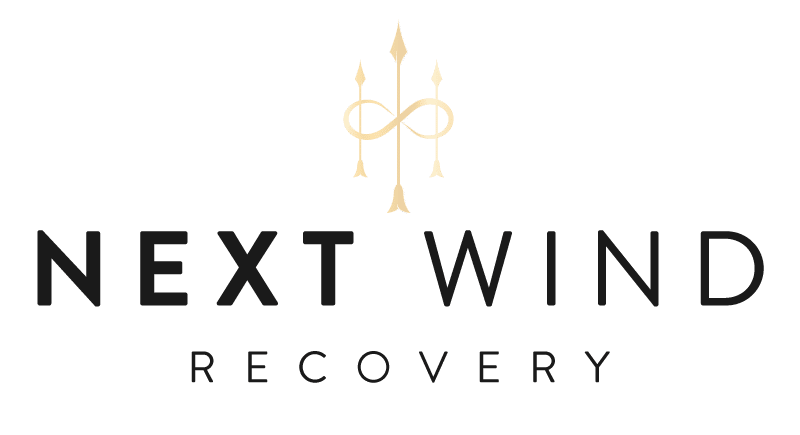Depression is a common and often harrowing mental illness. The following statistics provided by the National Institute of Mental Health (NIH) drive home that point:
- An estimated 21.0 million adults in the United States had at least one major depressive episode. This number represented 8.4% of all U.S. adults.
- The prevalence of major depressive episodes was higher among adult females (10.5%) compared to males (6.2%).
- The prevalence of adults with a major depressive episode was highest among individuals aged 18-25 (17.0%).
- The prevalence of major depressive episodes was highest among those who reported having multiple (two or more) races (15.9%).
Depression is not merely being “down in the dumps”; it is a serious mental illness that severely impacts people’s lives. For some people dealing with depression, they turn to substances as a coping mechanism. This article will focus on how depression affects drug abuse, the signs of depression, and what treatment options are available for depression and addiction.
Call us today to learn more about our addiction treatment programs in New Jersey.
What is Depression?
Commonly known as major depressive disorder, depression is a mood disorder that causes persistent feelings of sadness and loss of interest. Going beyond a simple case of the “blues,” depression affects how you feel, think and behave and can lead to a variety of emotional and physical problems if left untreated. To be officially diagnosed with depression, people must exhibit symptoms for at least two weeks prior to diagnosis. The criterion for depression diagnosis can be found in the DSM-5 and are as follows:
- Depressed mood most of the day, nearly every day.
- Markedly diminished interest or pleasure in all, or almost all, activities most of the day, nearly every day.
- Significant weight loss when not dieting or weight gain, or decrease or increase in appetite nearly every day.
- A slowing down of thought and a reduction of physical movement (observable by others, not merely subjective feelings of restlessness or being slowed down).
- Fatigue or loss of energy nearly every day.
- Feelings of worthlessness or excessive or inappropriate guilt nearly every day.
- Diminished ability to think or concentrate, or indecisiveness, nearly every day.
- Recurrent thoughts of death, recurrent suicidal ideation without a specific plan, or a suicide attempt or a specific plan for committing suicide.
For many people, experiencing these symptoms may lead them to drugs and alcohol. As you will see later in the article, substance abuse and depression are strongly tied together.
What Are The Symptoms of Depression?
The signs of depression widely vary from person to person since there are several depressive disorders that fall under the depression “umbrella.” These disorders include the following:
- Major depressive disorder
- Postpartum depression
- Bipolar disorder
- Seasonal affective disorder
- Psychotic depression
While each disorder has unique characteristics, there are common symptoms of depression, including the following:
- Trouble concentrating and making sound decisions
- Chronic fatigue
- Feeling guilty and worthless
- Pessimism
- Disturbances in sleep cycles
- Increased irritability
- Chronic aches, pains, headaches, or cramps
- Persistent anxiety or feelings of sadness
- Suicidal thoughts, ideation, or attempts at suicide
There are also additional symptoms such as self-harm or cutting and substance abuse. Regarding substance abuse, the big question people ask is if depression causes substance abuse, and the short answer is yes.
How Does Depression Affect Drug Use?
The main way depression affects drug use is the fact that people turn to substances before seeking professional help. This is due to the prevailing stigma of mental illness. In many ways, using substances as a coping mechanism allows people to hide their depression from others. While drugs and alcohol do provide short-term relief from the effects of depression, it is a “blanket” solution at best. Without dealing with the underlying causes of depression, people will continue to use substances to a greater degree and may become addicted to substances as well.
Another way that depression affects drug use is that some substances will worsen the depression. For example, alcohol is a potent depressant that can make feelings worse once its effects diminish. For those who use stimulants such as cocaine or meth, the immense rush of euphoria and energy are replaced by more intense feelings of depression once the effects of the drug wear off. To prevent those feelings from returning, people will continue to use drugs, worsening their condition.
Are There Treatment Programs for Depression and Addiction?
If you or a loved one struggle with both depression and addiction, you have a condition known as dual diagnosis. Dual diagnosis requires specialized treatment, and many drug treatment facilities feature dual diagnosis treatment programs. New Jersey dual diagnosis programs feature mental health and addiction treatment professionals working side by side to create a comprehensive treatment plan that addresses both depression and addiction. Components of dual diagnosis treatment include:
- Medical detox
- Medication management
- Individual, group, and family therapy
- Mental illness counseling
- Life and coping skills training
- Aftercare
As one of New Jersey’s top drug treatment centers, Next Wind Recovery features evidence-based treatment programs specifically designed to help you address and overcome depression and addiction. Our experienced team of professionals will work with you and design a customized treatment program that perfectly fits your needs. Don’t let substance abuse and depression ruin your life; call Next Wind Recovery and reclaim control of your life.








